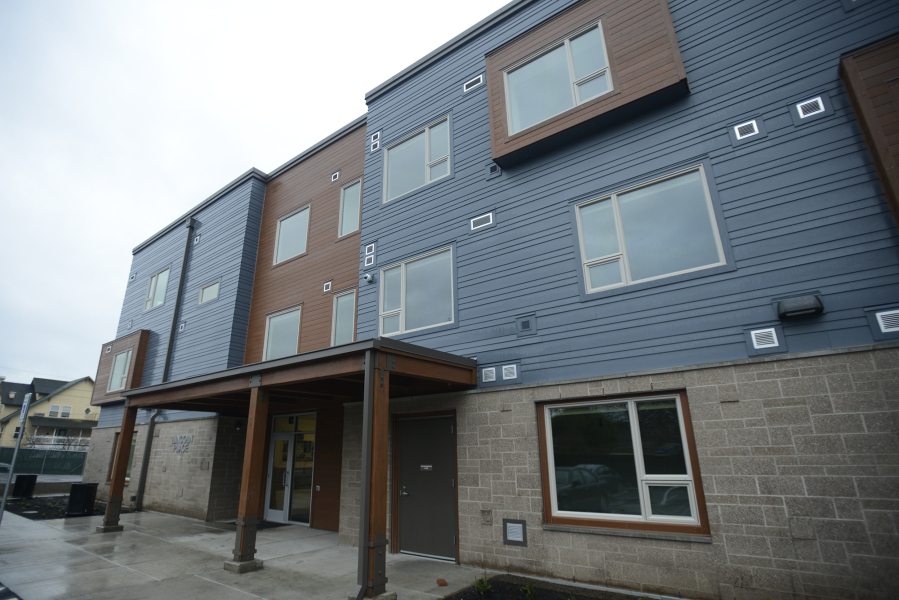Vancouver Housing Authority is among 39 housing authorities around the country that recently got 12-year extensions on Moving to Work, a demonstration program that allows some flexibility in spending federal dollars.
“For us, the Moving to Work program is a really big deal,” said Steve Towell, spokesman for VHA. He added that the name is a bit of a misnomer because it encompasses more than getting people working and greatly influences how the housing authority operates.
In 1999, VHA was among the smaller housing authorities chosen to participate in Moving to Work. Under the program, the U.S. Department of Housing and Urban Development waives some federal regulations. That allows VHA to develop innovative programs that cater to Clark County while checking off goals set by HUD. The housing authorities still have to use federal dollars in a cost-effective way, encourage people to become more self-sufficient and increase housing choices for low-income families.
“During the downturn and during (federal budget) sequestration, that flexibility helped us out a lot,” Towell said. “We had that flexibility to move money around a little bit, within certain realms, and that helped us to weather the recession a lot better.”
Effects on the ground
Moving to Work made possible the recently opened Lincoln Place, an apartment complex for the chronically homeless in downtown Vancouver, Towell said; the agency was allowed to pay for the support services provided by Share, a nonprofit that operates homeless shelters in Clark County. Normally, that kind of arrangement wouldn’t be possible.
Another local example is the Skyline Crest Campus of Learners in central Vancouver, where families with school-aged children are bound by their leases to be involved in their children’s education and keep up school attendance.
“We got Moving to Work approval to do that because, otherwise, adding that bit to their lease would’ve been out of the question,” Towell said.
Each year, VHA develops a plan for how to use Moving to Work — noting anything that will be continued, newly created or closed out. The recent announcement from HUD means VHA will continue to have that authority through 2028.
The plan for 2016, which has to be approved by HUD, calls for a “lite” version of the Family Self-sufficiency Program that allows households to earn escrow as their income increases and household finances improve. Historically, in the full version of the five-year program, people used it to secure new housing or education, or to put a down payment on a house. The program commitment for the “lite” version is two years and the maximum escrow is lower — an example of bending the rules through Moving to Work.
Another proposed activity calls for having the ability to use Public Housing and Section 8 Housing vouchers at the same property. VHA would like to use a blended subsidy at Caples Terrace, a 25-unit apartment complex to be built in the Skyline Crest development. That would make funding more adjustable for the housing authority and give clients more choices in where to live, Towell said.
VHA’s executive director, Roy Johnson, is already brainstorming what to do in 2017 through Moving to Work.
A couple of employees are going to a national Moving to Work conference in Washington, D.C., later this week. Through such conferences, VHA has built relationships with other housing authorities on the West Coast. Moving to Work programs were also renewed in Tacoma, King County, Seattle and Portland.
To learn more about VHA’s Moving to Work program, visit www.vhausa.com/policies-and-publications.




